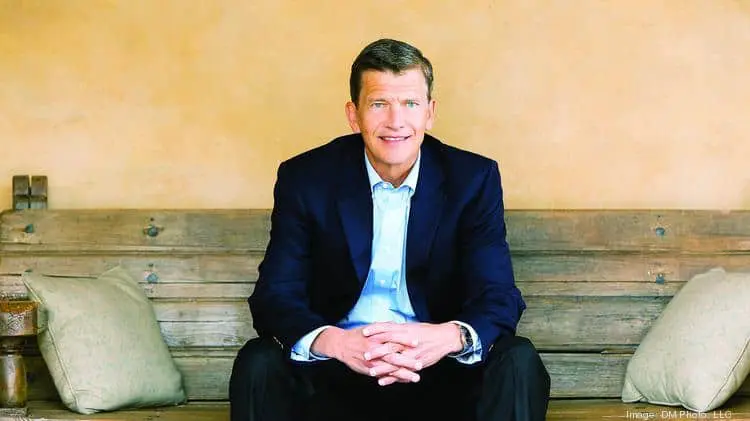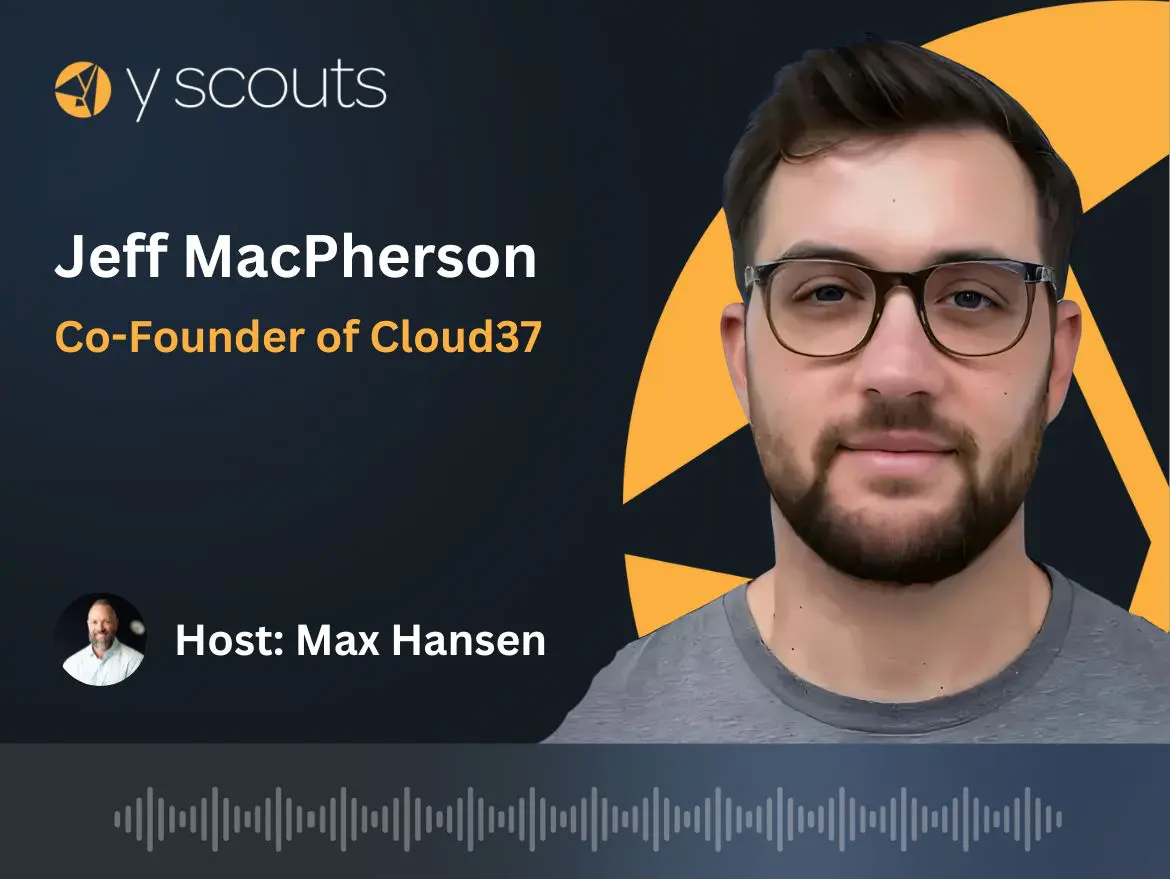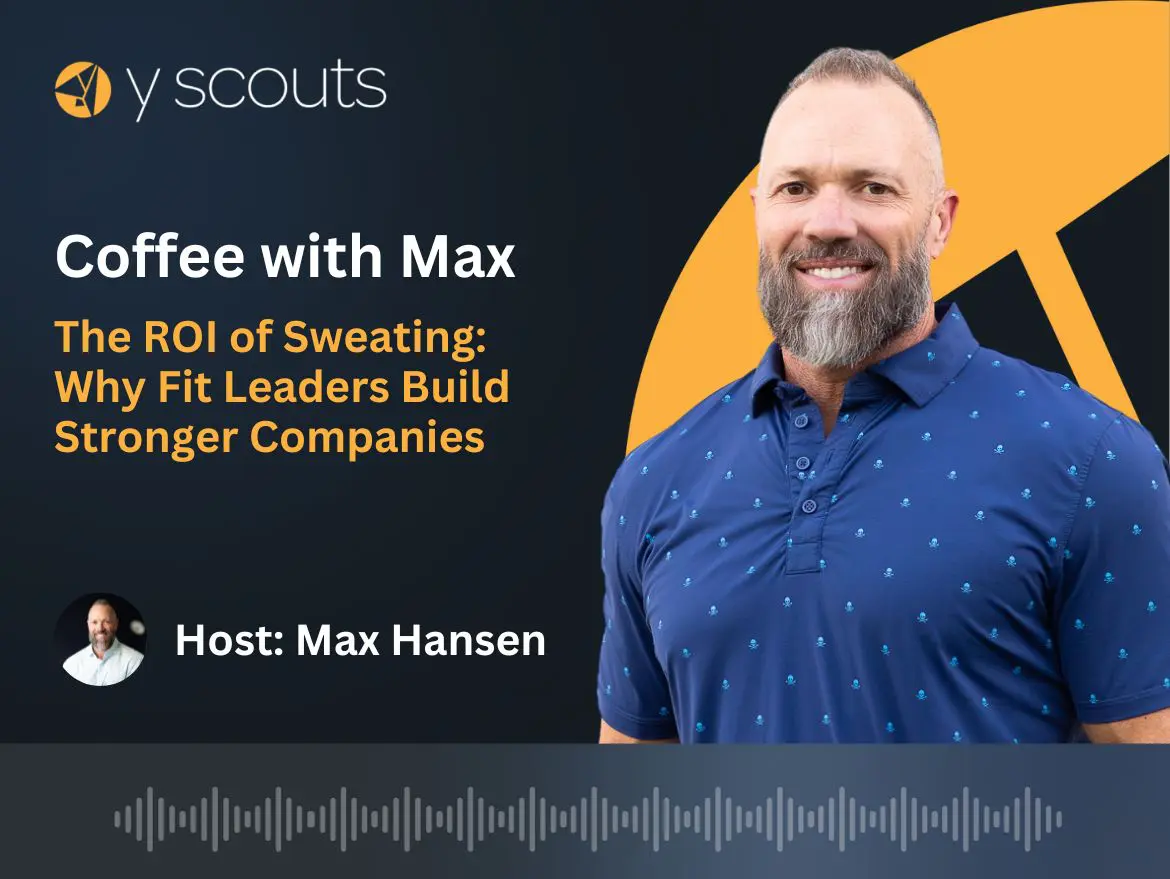
Matt Likens grew up in a lower middle class family and became quite familiar with the concept of scarcity. Therefore, he learned quickly he was going to have to work hard for anything he wanted.
After graduating from college, he went to work for Johnson & Johnson representing the industrial tape division. Realizing his drive to do more meaningful work, Matt left J&J and joined Baxter Healthcare, where he spent the next 23 years in a variety of roles across the globe. After experiencing working for many different leaders, Matt learned how to emulate the traits and behaviors he felt were the right leadership traits. He also learned the cruel effects of ego and narcissism in leadership and the damage it has on an organization.
Taking all of his lessons learned, he took a leap and joined an Arizona start-up called Ulthera as their CEO—and his first stint as a CEO.
After operating the company for a handful of years, Matt and the leadership team decided it might be important to declare a purpose for the organization—so we’ll explore what it means to “Lift Lives.” Matt Likens is a passionate storyteller and shares invaluable lessons for leaders across all industries with an emphasis on why culture matters so much in today’s business world. If you are in a leadership role, or are about to be, this is one interview you’ll find full of gems.
Listen to this podcast interview and more episodes from the Built On Purpose Podcast at https://yscouts.com/podcast/
Table of Contents
ToggleSHOW HIGHLIGHTS:
- 5:50 – Complacency in the workplace
- 8:30 – The value of a company’s credo
- 10:10 – Pros & cons of past employers
- 13:48 – The concept of “repotting”
- 18:05 – Leadership philosophy
- 19:32 – The emergence of Ulthera
- 21:53 – How NOT to run the workplace
- 26:52 – Ulthera’s mission
- 34:07 – Advice about company culture
- 39:11 – Acquisition of Ulthera
SHOW LINKS:
- Ulthera
- The concept of “repotting” for career pursuits
- “It’s Not What You Sell, It’s What You Stand For” book by Roy Spence
Let’s take a trip down memory lane. Growing up, your parents insisted you become financially self-sufficient as early as possible in your life. By the time you finished high school, you’d had jobs as a paperboy, a snow shoveler, certainly no stranger to a lawnmower, and a muck farmer. I’m curious—share with us a little bit about how your upbringing influenced what your career has become.
I’m not a very introspective person, but I will try to dial back just a few years ago. We grew up in—let’s call it lower middle class type of environment. So we got used to scarcity, and if we wanted to have spending money or if I wanted to have a bicycle, if I wanted to do some other things, then I worked for my parents to figure out ways I could earn money. So I think what it instilled in all four of us children is the fact that you don’t look for anyone else to really provide support. Be ready to do things on your own, and make things happen and be industrious. I actually got a lot of satisfaction out of that. And I never realized that a lot of other kids were in different situations where a lot of what they had was paid for by their parents or grandparents or others, so it was just a way of life growing up.
So 23 years at Baxter, nine different roles, relocated five different times, I’m going to go out on a limb and guess you had a lot of different individuals you interacted with—a lot of different leaders. How did that 23-year experience, with as many different opportunities that you had, impact your leadership style or your leadership philosophy?
Each supervisor that I had operated in their own way. And I would always try to find, what did they do really well that I might try to emulate? And then, inevitably, they may have some characteristics that I didn’t think were very attractive, and it’d be valuable to see those as well—knowing the last thing I would want to emulate are those things. So if you could get one gem from each person you’re reporting to each leader of the organization you’re involved with, and can carry that forward, like, “Gee, if I ever get to a position where I have people reporting to me, or I have a responsibility, then this is a characteristic that I think is an effective oner Does it resonate with you personally?” So I think that was really valuable.
That’s fascinating. So your experiences [at GMP Companies] obviously taught you a lot of “what not to do” type lessons. Are there any in particular that still resonate as “I can’t believe they ran the business this way?”
One was how ego and narcissism at the top of the house can really spoil the broth completely. The CEO of any organization has to value every person in the organization—doesn’t matter the role—everyone’s important. The second thing is, 180 million dollars is a lot of money, but if it’s not allocated in a spirit of scarcity, then it goes away faster than you can imagine. And so we had these 14 licensing agreements, and clearly there were two or three that were more promising or had the promise of getting to market before the others, possibly generating revenue and helping to support the development of the other technology—yet the company felt like each of the 14 were almost like children. And you treat all of your children equally, versus practicing portfolio management, and really focusing your resources on those most promising technologies. So it’s pretty basic but we did not practice that, and I think ended up being the death of the company.
So company culture is obviously a huge part of Ulthera, and frankly a huge part of any organization. And I want to share a quote from a blog post that came from one of Ulthera’s investors, NEA, and they said, “Despite the regulatory and market headwind that challenged our initial investment thesis, we actually moved forward and increased our position in the company. Why? Because it had become increasingly clear to us that Ulthera was a special company, particularly their company culture.” So my question is, Matt, for any leader in an organization, how do you help make a company special through culture? What’s the best advice you can give?
I guess the best advice, and we were able to establish an operating environment here—that we didn’t just talk about it. We behaved in a certain way and it was consistent throughout the organization. So often, you have the CEO saying one thing, but then when he’s not here, or not in the office, it’s… let’s just call it disappointing, or inconsistent. And at that point, the management team overall has lost any chance of having a group that’s really all pulling in the same direction. So I think if it’s one thing, it’s authenticity. As an employee, again, a former Baxter CEO Larry Kramer likes to talk about, hey, remember when you were in the cube? At Ulthera, we all have cubes now, which is fine, but remember when, you always talked about how those guys don’t understand. Or those guys—someone’s at a level higher in the organization. So why should you think differently if you’re in the corner office, as they called it at Baxter, versus if you’re in the cube? We are all in this together. Let’s act that way. Let’s behave that way. Let’s bring everybody along for this ride, versus a hierarchical thinking and not sharing information and so on.






